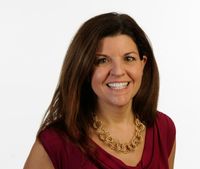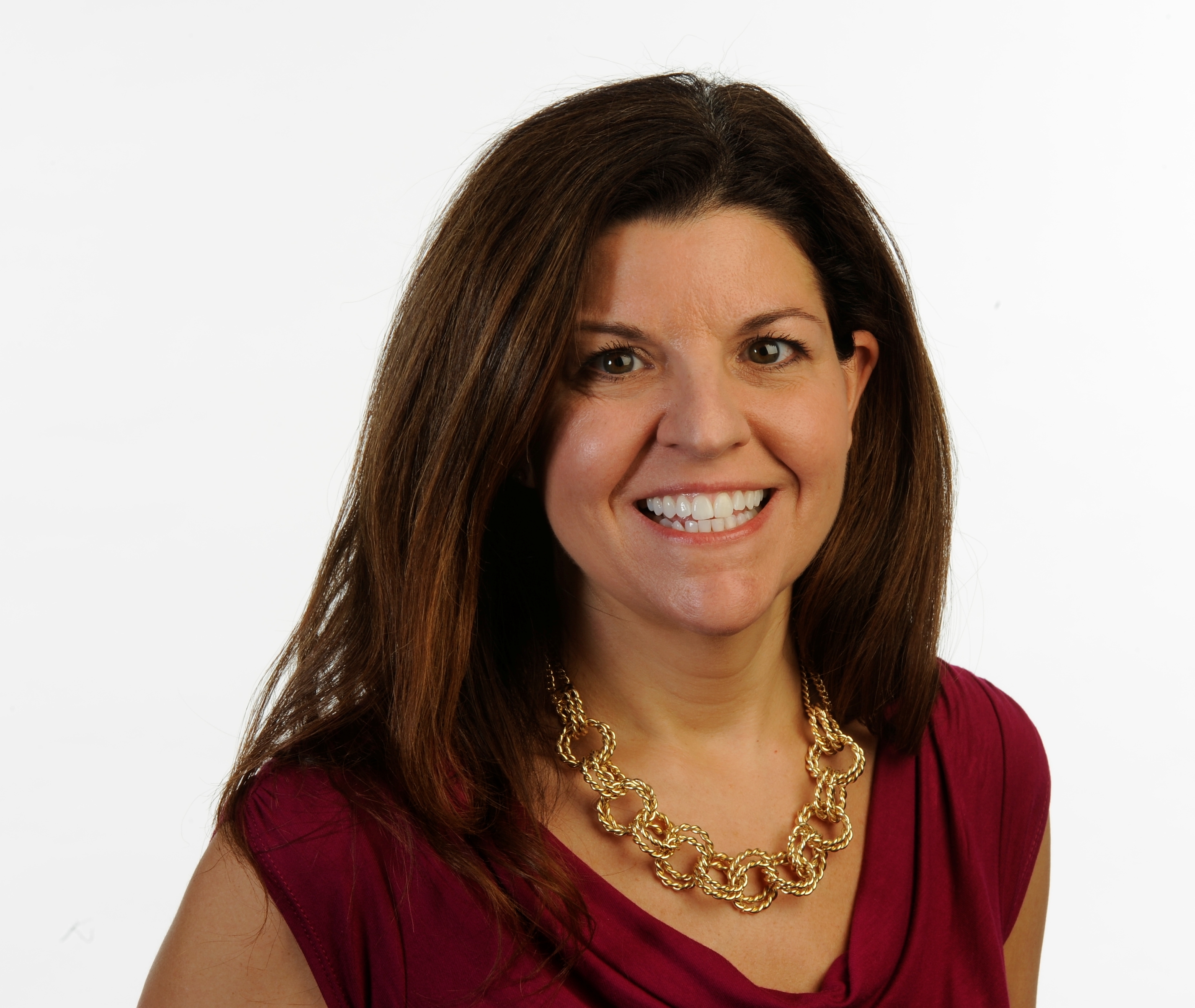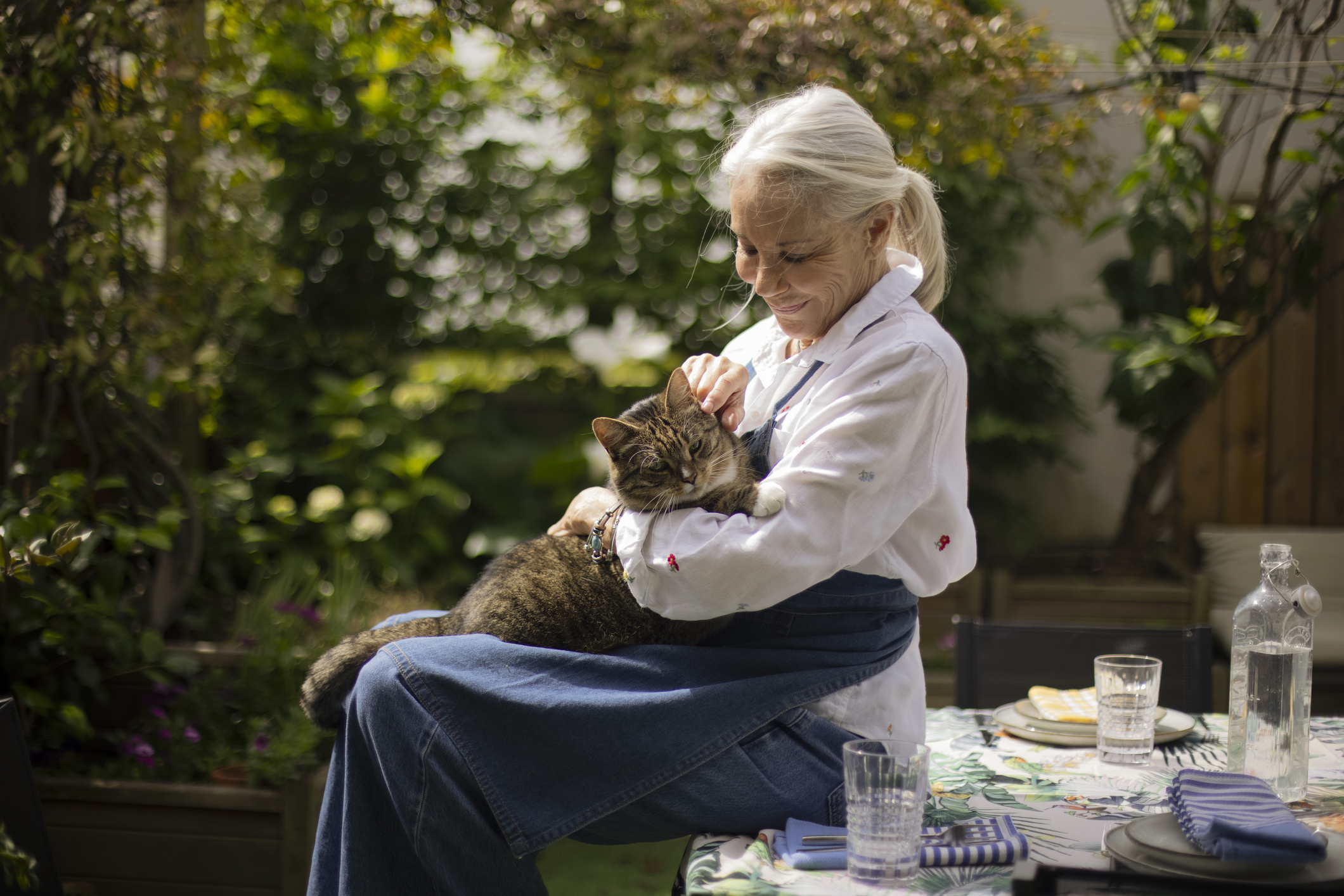Tips for Expat Retirees, From Expat Retirees
You may enjoy a lower cost of living by moving abroad, but it requires careful planning.


Profit and prosper with the best of Kiplinger's advice on investing, taxes, retirement, personal finance and much more. Delivered daily. Enter your email in the box and click Sign Me Up.
You are now subscribed
Your newsletter sign-up was successful
Want to add more newsletters?
Edd and Cynthia Staton are experts on retiring abroad. They share advice and resources on their website, www.eddandcynthia.com, and recently spoke to Kiplinger Personal Finance Magazine about the practicalities of emigrating in later life.
You moved from Las Vegas to Cuenca, Ecuador, in 2010 and now run a website with guidance for expat retirees. Based on your experience, what’s driving more Americans to retire abroad?
Edd: Many people are reaching retirement age with insufficient savings and want more affordable solutions. Moving abroad can lower your living costs, raise your living standard and preserve your nest egg. It was scary for people to do this when we moved 15 years ago. Today, a lot more information is available, including online communities where you can learn from expats.
From just $107.88 $24.99 for Kiplinger Personal Finance
Become a smarter, better informed investor. Subscribe from just $107.88 $24.99, plus get up to 4 Special Issues

Sign up for Kiplinger’s Free Newsletters
Profit and prosper with the best of expert advice on investing, taxes, retirement, personal finance and more - straight to your e-mail.
Profit and prosper with the best of expert advice - straight to your e-mail.
Why did you leave the U.S.?
Cynthia: We were casualties of the 2008–09 recession. We lost our careers and most of our financial security. We had to come up with a Plan B. Edd suggested moving someplace where the cost of living was lower. I said, “We’re not moving someplace just because it’s cheap.” So we made a wish list and tried to check off as many of the boxes as possible.
Edd: We wanted temperate weather and access to health care, cultural activities and good public transportation, as well as proximity to our children on the East Coast. I stumbled upon Cuenca while doing an internet search.
What key financial issues should retirees consider before moving?
Cynthia: Talk to your accountant or financial adviser about U.S. taxes. If you’re mainly living on Social Security, your obligation could be minimal.
Edd: For health care, you can pay out of pocket, sign up for the national health care plan after becoming a resident, or buy private or international coverage. If you’re eligible for Medicare, we advise that you don’t opt out of coverage. The penalties are severe if you change your mind later, and many people return to the U.S., often due to medical issues.
You can have Social Security benefits deposited in your bank in your new country if the country allows it. Or keep the money in a U.S. account and access it through ATMs.
What should people know about applying for residency?
Cynthia: We hired an attorney to help us navigate the legal nuances. You need documents such as your birth certificate and marriage certificate, plus a police report and, depending on the type of visa, proof of guaranteed income or funds invested in a local certificate of deposit or real estate. Applying for residency is not a do-it-yourself project for most people.
Any other advice for those considering an international move?
Cynthia: We recommend a scouting trip of at least two weeks, and up to three months if possible. Live like a local. Shop at the grocery store and ride public transit.
If you move, you’ll need a good amount of money up front for costs like paying rent and a security deposit, shipping belongings from the U.S., and buying new things. You’ll also want an emergency fund. Yet, in the long run, you can also spend less. We can go from one end of the town to another in a taxi for $3 and pay $3.50 for a lunch out that includes juice, soup, an entrée and a small dessert.
Where can people go for more information about retiring abroad?
Cynthia: The homepage of our website, www.eddandcynthia.com, has a report titled “10 Great Reasons to Think About Living Abroad.” It answers a lot of questions.
Edd: International Living and Live and Invest Overseas are great resources.
Note: This item first appeared in Kiplinger Personal Finance Magazine, a monthly, trustworthy source of advice and guidance. Subscribe to help you make more money and keep more of the money you make here.
Related content
Profit and prosper with the best of Kiplinger's advice on investing, taxes, retirement, personal finance and much more. Delivered daily. Enter your email in the box and click Sign Me Up.

Kiplinger contributor Laura Petrecca is a business journalist who has worked at major media organizations such as Gannett, News Corp, and Crain Communications. Prior to launching her own writing business, she held leadership roles such as USA Today’s New York City bureau chief, special projects editor, and business section editor.
In addition to Kiplinger, her writing has appeared in USA Today, Real Simple, Men’s Health, Prevention, Crain’s New York Business, Advertising Age, and AARP Bulletin. Laura also hosts livestream videos and has offered commentary on TV programs such as the Today show, Good Morning America, Inside Edition, Access Hollywood, and CNN.
She earned a master’s degree in journalism and a certificate in economics and business journalism from Columbia University and a bachelor's degree in journalism from the University of Maryland.
-
 A Top Vanguard ETF Pick Outperforms on International Strength
A Top Vanguard ETF Pick Outperforms on International StrengthA weakening dollar and lower interest rates lifted international stocks, which was good news for one of our favorite exchange-traded funds.
-
 Is There Such a Thing As a Safe Stock? 17 Safe-Enough Ideas
Is There Such a Thing As a Safe Stock? 17 Safe-Enough IdeasNo stock is completely safe, but we can make educated guesses about which ones are likely to provide smooth sailing.
-
 We're 64 with $4.3 million and can't agree on when to retire.
We're 64 with $4.3 million and can't agree on when to retire.I want to retire now and pay for health insurance until we get Medicare. My wife says we should work 10 more months. Who's right?
-
 We're 64 With $4.3 Million. I Want to Retire Now and Pay for Health Insurance Until We Get Medicare. My Wife Says We Should Work. Who's Right?
We're 64 With $4.3 Million. I Want to Retire Now and Pay for Health Insurance Until We Get Medicare. My Wife Says We Should Work. Who's Right?I want to retire now and pay for health insurance until we get Medicare. My wife says we should work 10 more months. Who's right?
-
 Missed Your RMD? 4 Ways to Avoid Doing That Again (and Skip the IRS Penalties), From a Financial Planner
Missed Your RMD? 4 Ways to Avoid Doing That Again (and Skip the IRS Penalties), From a Financial PlannerIf you miss your RMDs, you could face a hefty fine. Here are four ways to stay on top of your payments — and on the right side of the IRS.
-
 What Really Happens in the First 30 Days After Someone Dies (and Where Families Get Stuck)
What Really Happens in the First 30 Days After Someone Dies (and Where Families Get Stuck)The administrative requirements following a death move quickly. This is how to ensure your loved ones won't be plunged into chaos during a time of distress.
-
 Why Your Pet Should Be In Your Estate Plan
Why Your Pet Should Be In Your Estate PlanIncluding your wishes in your will or in a pet trust can ensure proper care when you can’t provide it.
-
 How to Find Joy and Meaning When You Want to Retire — But Can’t Yet
How to Find Joy and Meaning When You Want to Retire — But Can’t YetFor Gen X, delaying retirement can be an opportunity to pilot-test your second act, plan for your inheritance and structure trusts for your kids.
-
 5 Retirement Myths to Leave Behind (and How to Start Planning for the Reality)
5 Retirement Myths to Leave Behind (and How to Start Planning for the Reality)Separating facts from fiction is an important first step toward building a retirement plan that's grounded in reality and not based on incorrect assumptions.
-
 I'm a Financial Adviser: Silence Is Golden, But It Hurts Your Heirs More Than You Think
I'm a Financial Adviser: Silence Is Golden, But It Hurts Your Heirs More Than You ThinkTalking to heirs about transferring wealth can be overwhelming, but avoiding it now can lead to conflict later. Here's how to start sharing your plans.
-
 QUIZ: Are You Ready To Retire at 55?
QUIZ: Are You Ready To Retire at 55?Quiz Are you in a good position to retire at 55? Find out with this quick quiz.